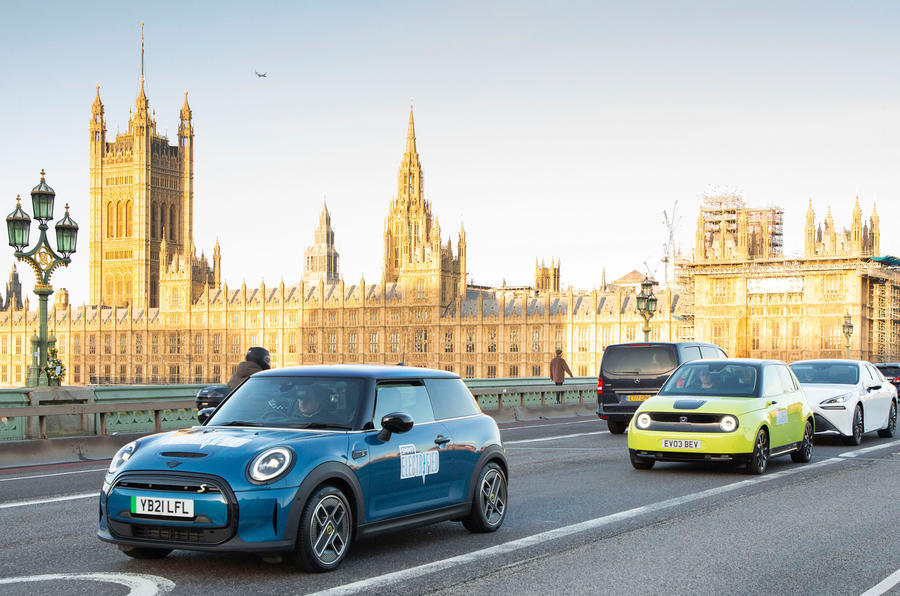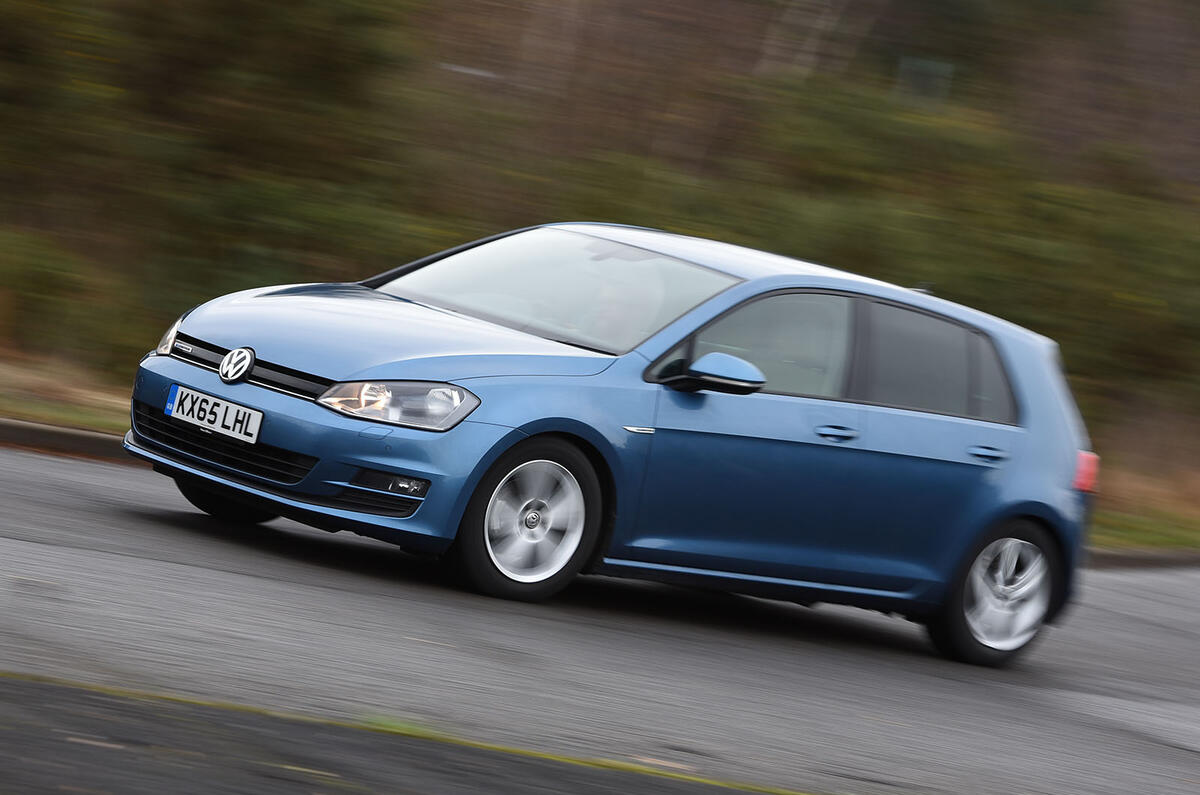Autocar Subscriber Extra is our package of exclusive benefits for our magazine subscribers. One of these is a weekly behind-the-scenes email newsletter from our editors. Until the end of August, we're giving all Autocar readers free access to these newsletters and columns. You can subscribe to Autocar magazine with our Summer Sale offer here and save 50% on your first 13 issues.
What car do you drive? It’s a seemingly innocuous question, but one that seems to have been causing trouble for various politicians lately.
That’s because, while government policy is firmly pushing towards banning the sale of all new non-zero-emission vehicles by 2035 in a bid to lower the UK’s carbon emissions, not every politician seems keen to embrace the switch.
On Newsnight recently, Alok Sharma admitted that he owns a diesel car - although he emphasised that he doesn’t drive it very much, instead using public transport to travel from his Reading home to Westminster each day. He also said his next car “will most certainly” be an electric vehicle. Still, given that Sharma is the president of the COP26 climate summit, and thus a key figure in the government’s drive to reduce the UK’s carbon output, his revelation was questioned by many.
Meanwhile, Allegra Stratton, the prime minister’s climate spokesperson, said she drives a “third-hand diesel Volkswagen Golf”, because she doesn’t “fancy” an EV just yet. She cited the need to make occasional trips to visit her parents, who live more than 200 miles away, and raised concerns about the need for long breaks to charge on the way.
Now, Sharma and Stratton aren’t alone. BBC News produced a round-up of which vehicles various political types were driving, showing that EV uptake was slow across the political spectrum. (It's worth noting that Keir Starmer drives a hybrid and Grant Shapps owns a Tesla.) Among the various responses the BBC received were lots of ‘we’re working on it’ answers, with suggestions about the need to work out details relating to charging points, and so on.
The frustration is that many of the various reasons given for not going zero-emission aren’t rooted in the realities of modern EVs. If Sharma really doesn’t use his car much and employs public transport for long journeys, an EV sounds like an ideal solution. And Stratton’s 200-mile trip is easily within the capabilities of multiple mass-market EVs now available, enabling her to likely find more convenient charging closer to her destination.










Join the debate
Add your comment
The problem is that Allegra Stratton and Alok Sharma are being paid to lead the UK fight against Climate Change. So the fact that both of them own dirty diesel cars is a huge faux pas. What were they thinking? The 200 mile journey thing isn't even a reason. In most new EVs, you could easily complete that journey without charging until you reach the destination. The reality is that EVs are cleaner and cheaper to run and the politicians could easily be setting the right example by driving them.
Some people have range anxiety about electric cars, some people don't. I surmise that there is greater range anxiety amongst those who don't have (or want) an EV than those that do.
I have an EV with a battery that, it turns out, is unnecessarily large to meet my needs. I only learned this from experience. My next one will have less range and hopefully be cheaper, lighter, slower and more fun as a consequence. Fine if people don't want an EV. For most people "range anxiety" is a misconception or excuse, and one which is unnecessary preventing adoption.